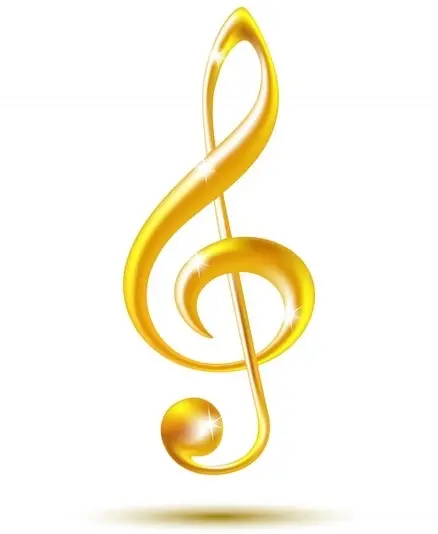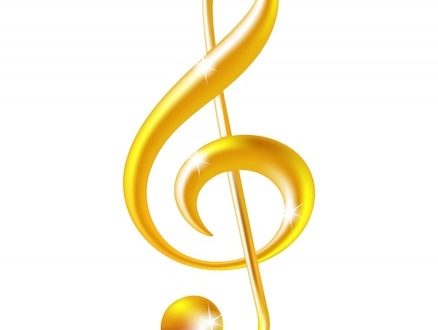
Musical dialogue |
from the Greek dialogos – conversation, conversation
A type of musical presentation that reproduces the features of a conversational dialogue.
1) Vocal dialogue arose in the process of music. incarnations of texts containing elements of colloquial D. At the same time, the replicas were entrusted to both soloists and parts of the choir. Finds use in some forms of Catholic. church singing – in responsibility, antiphon. In the 16-17 centuries. in Italy and Germany it became widespread as an independent. kind of music.
In the formation of D., a prominent role belongs to the Middle Ages. liturgical drama, music composers niderl. schools that widely used the division of the choir into parts, motets and madrigals, ital. dialogical lauda. In Italy, along with spiritual D., secular ones were also created; In Germany, spiritual dances, closely associated with Protestantism and most often embodied in the form of a small spiritual concert (Geistliches Concert), predominated. Samples of such D. were created by S. Scheidt, A. Hammerschmidt (“Dialogues or conversations between God and a believing soul”). These instruments were of great importance for the development of the oratorio and cantata.
Wok. D. finds application in the opera. In some forms, comedy. operas and operettas use only speech (verbal) D. In Italian. operas of the 18th century. D. was made out in the form of a so-called. dry recitative.
2) Instrumental D. – a kind of wok. dialogue. The individual character of replicas is determined in it by the originality of their thematic and timbre side. Has long been used in instrumental music; widely represented in French. org. music of the 16th-18th centuries, in the music of the Viennese classics (both in the presentation of themes and in their development). Whole instr. plays built in the form of D., for example. 2nd movement of the 4th concerto for piano. with orc. L. Beethoven, 2nd, concludes. part (“Contrasts”) fantasy for FP. with the orchestra of P. I. Tchaikovsky. Swiss. comp. J. Binet wrote a cycle of plays for the VLC. and fp. under the name “Dialogues” (1937).



